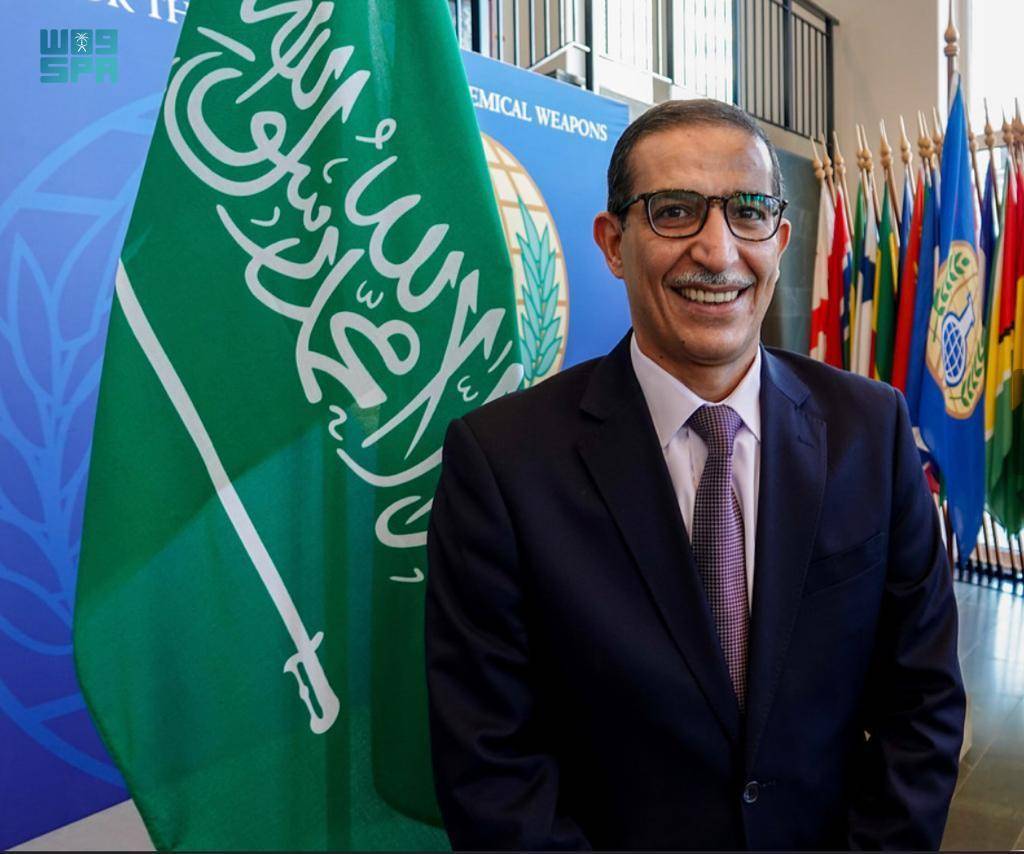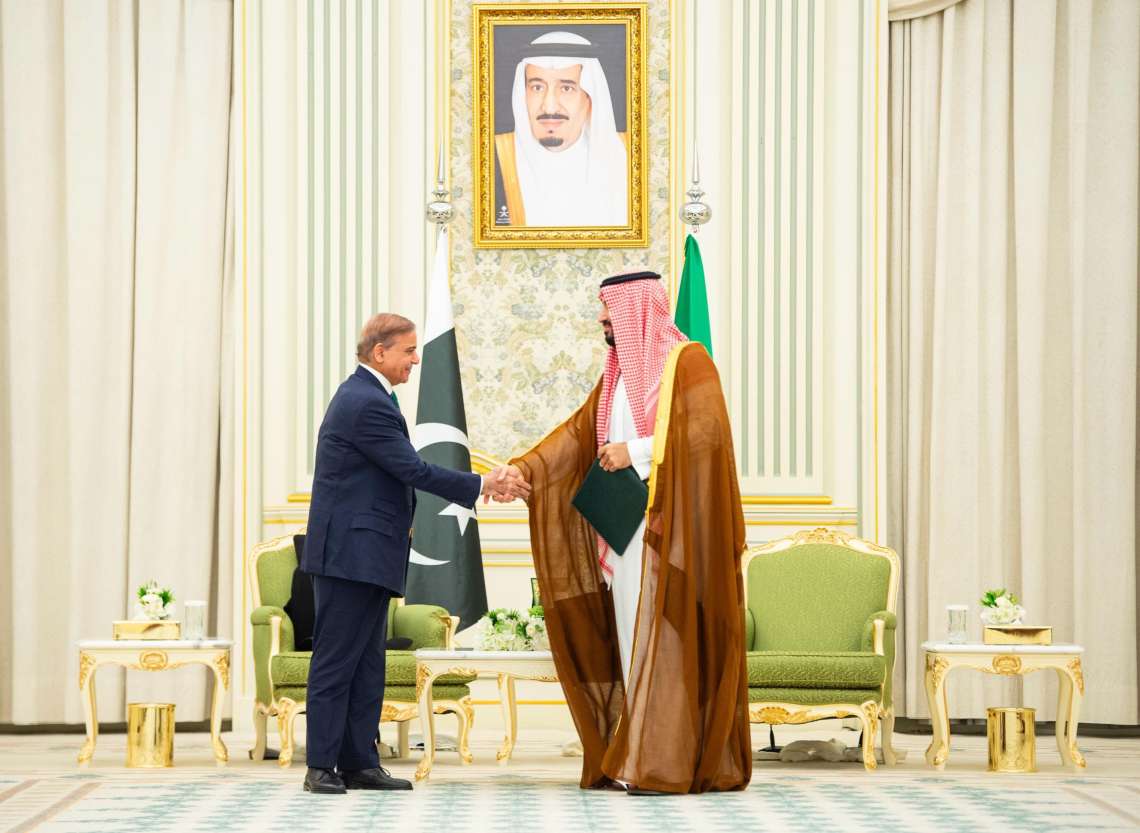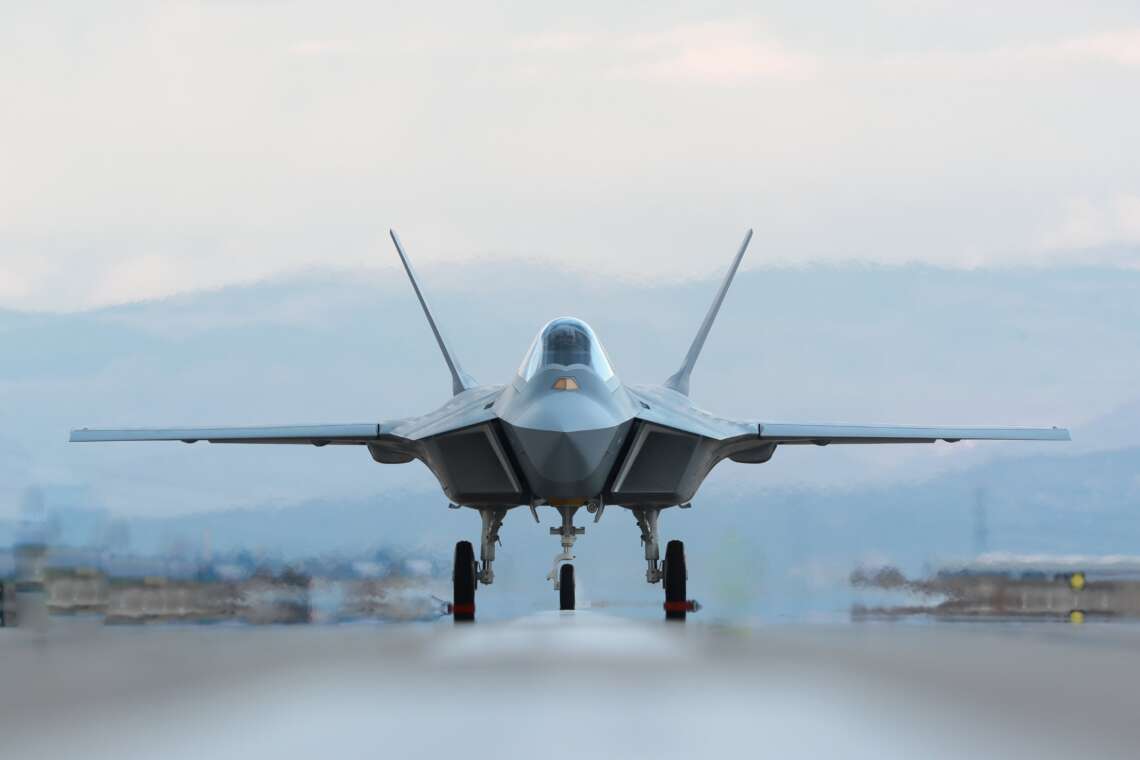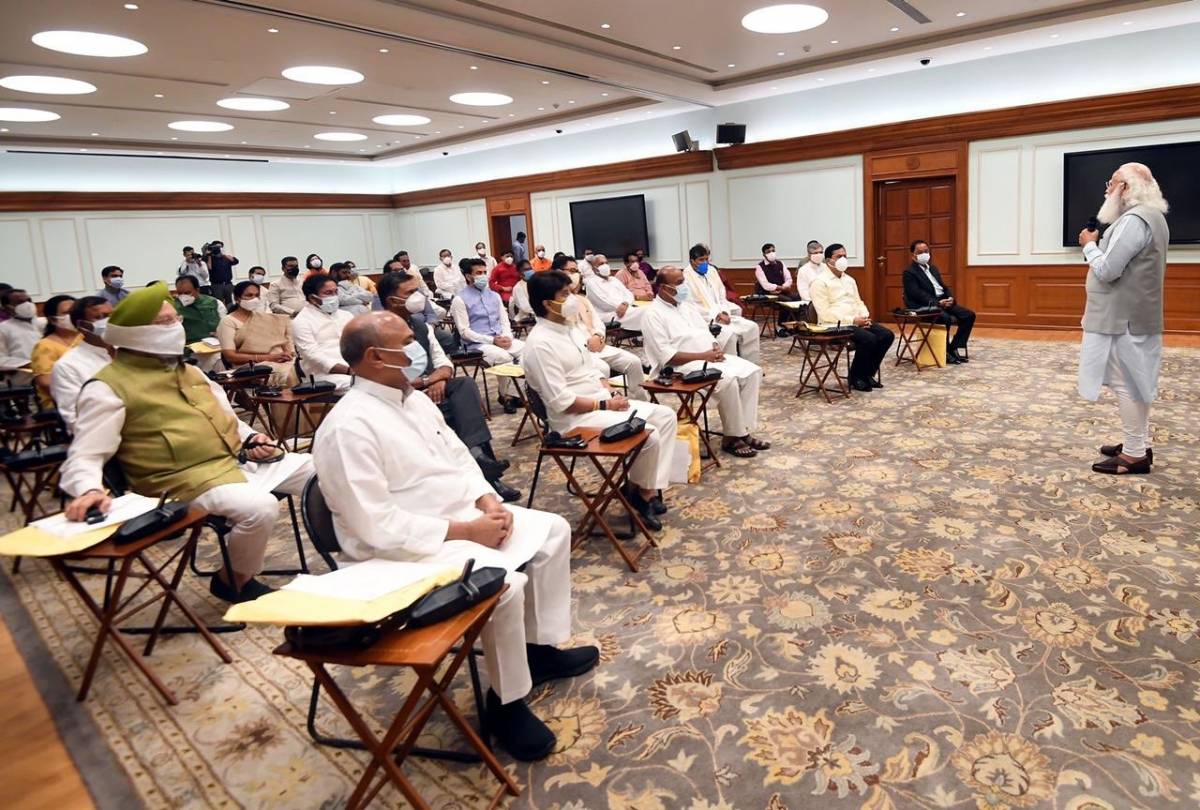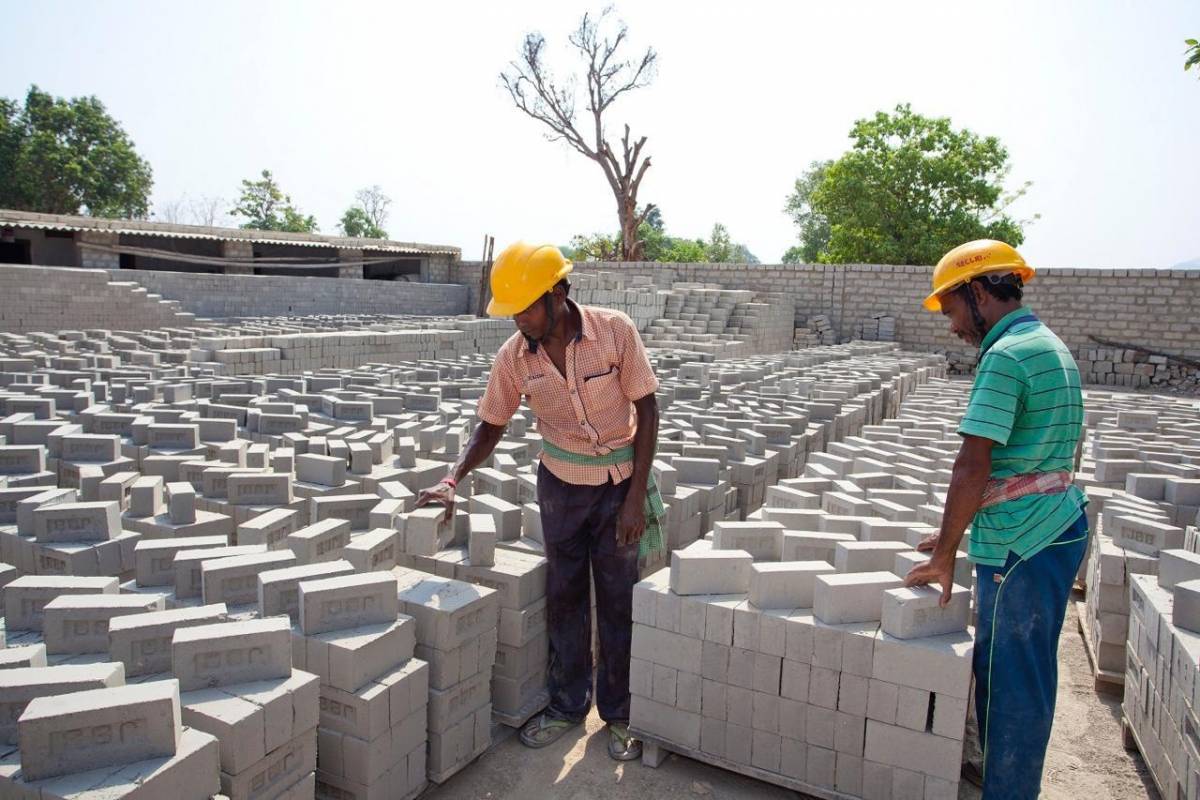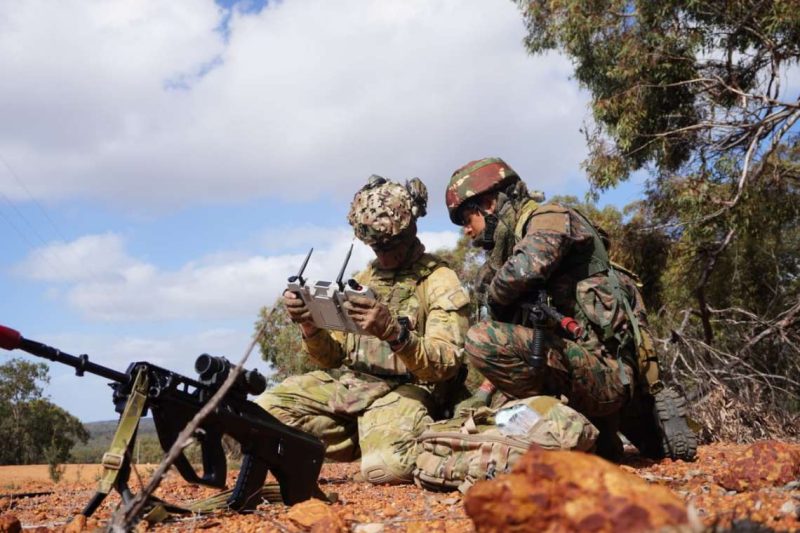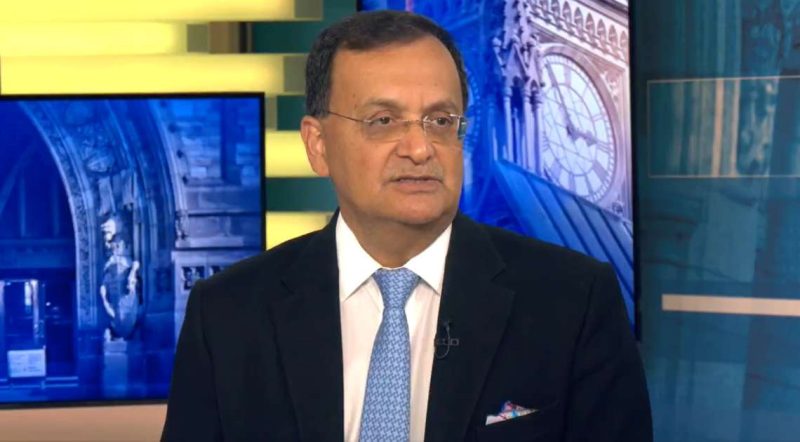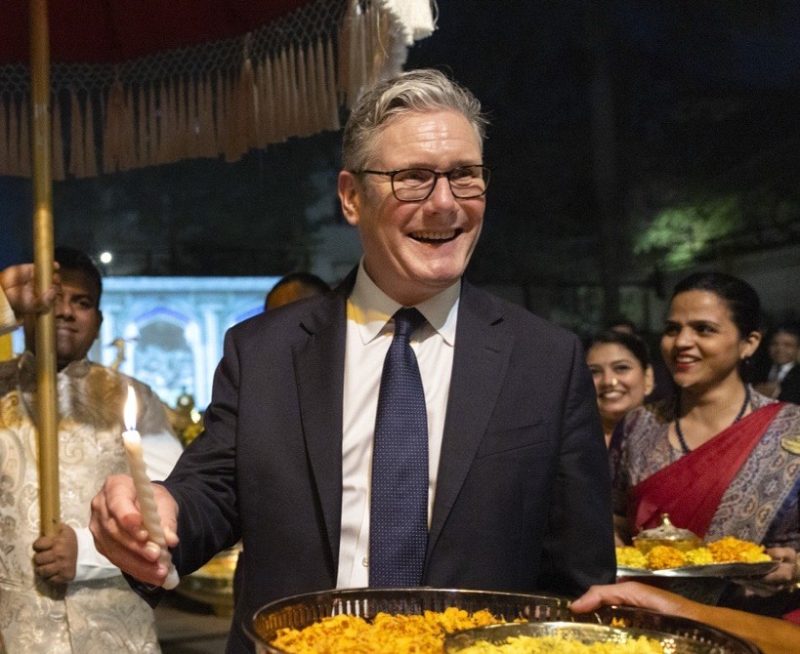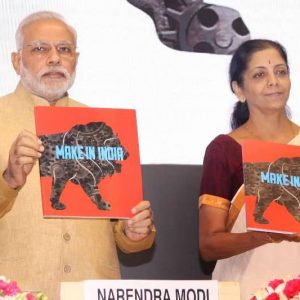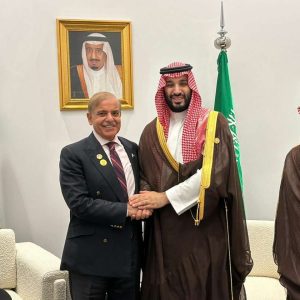The Saudi delegation is chaired by the Saudi ambassador to the Netherlands and permanent representative to the OPCW, Ziyad Al-Attiyah….reports Asian Lite News
The Kingdom of Saudi Arabia has stressed the importance of making the Middle East a region free from weapons of mass destruction, including chemical weapons.
A delegation from Saudi Arabia is taking part in the 97th session of the Executive Council of the Organization for the Prohibition of Chemical Weapons (OPCW) being held between July 6-9 in the Hague, Netherlands, the Arab News reported.
The Saudi delegation is chaired by the Saudi ambassador to the Netherlands and permanent representative to the OPCW, Ziyad Al-Attiyah.
In a speech, Al-Attiyah has urged the need to strengthen cooperation to ban these weapons and prevent their proliferation.
Al-Attiyah also highlighted the Kingdom’s close adherence to the Chemical Weapons Convention as it strongly believes in the conventions’ objectives and its role in promoting international peace and security, according to the report.
He also reiterated the Kingdom’s condemnation of the use of chemical weapons or toxic chemicals used as weapons, in any place, by any side and under any circumstances.
He also welcomed the second report of the investigation and identification team on the use of chemicals in Syria, it was reported.
Meanwhile, Iran has confirmed that its position on the country’s 2015 nuclear deal and the removal of sanctions will not change even after the new government under President-elect Ebrahim Raisi takes over next month.
“The government of Raisi will also be committed to it (potential agreement) because adherence to the commitments and promises is always a principle for the Islamic republic,” Xinhua news agency quoted Foreign Ministry spokesman Saeed Khatibzadeh as saying to reporters on Tuesday.
Progress has been made in the nuclear talks in the Austrian capital of Vienna and it is acknowledged by all parties to the negotiation, Khatibzadeh added.
However, there are still important issues that largely need to be decided by other parties, especially the US, as the finalization of the agreement on the revival of the landmark nuclear deal, officially referred to as the Joint Comprehensive Plan of Action (JCPOA), “depends on the political will and tough decisions of other parties involved”, he noted.
ALSO READ: Saudi deputy defense minister holds talks with Lloyd Austin


